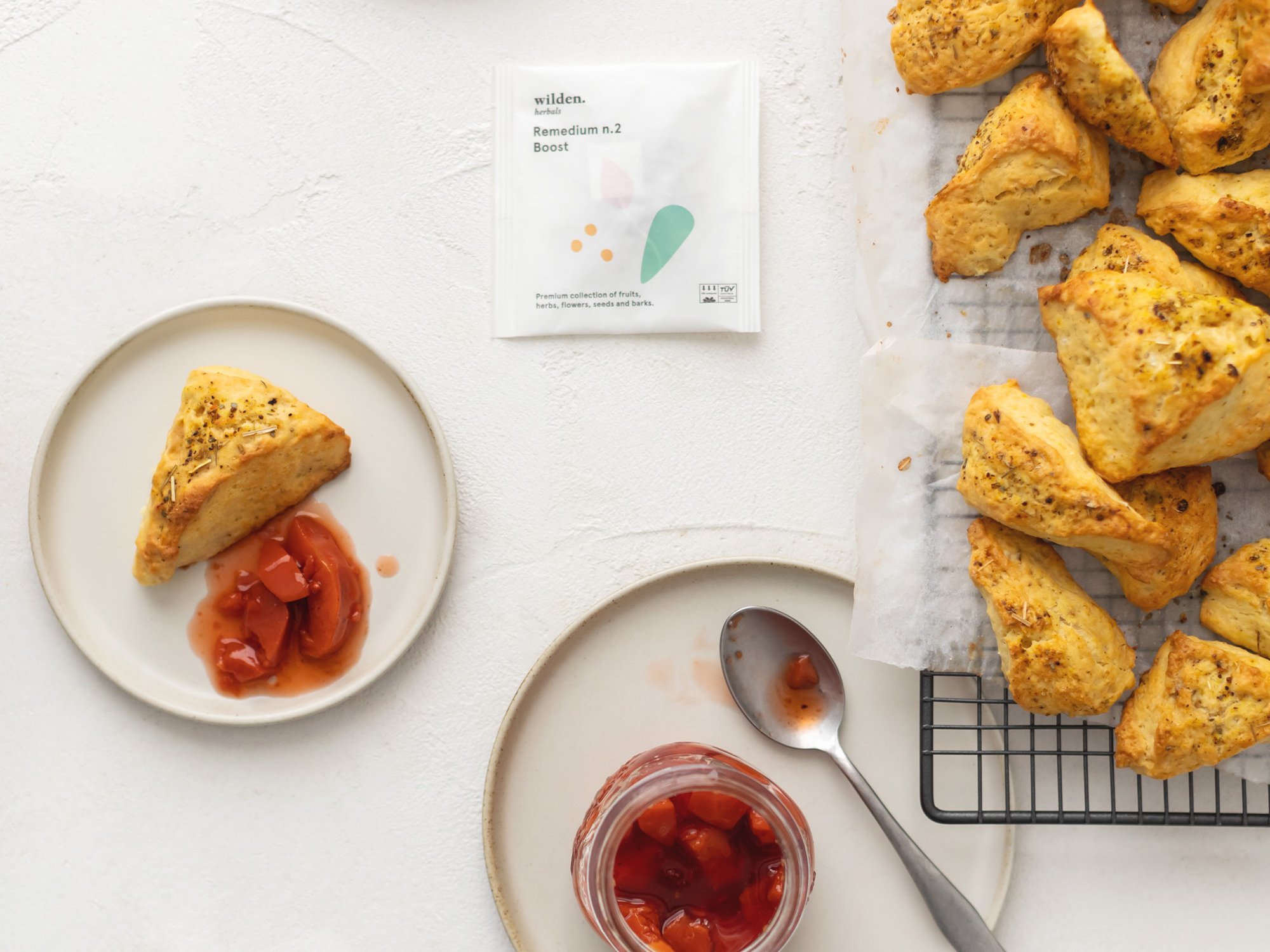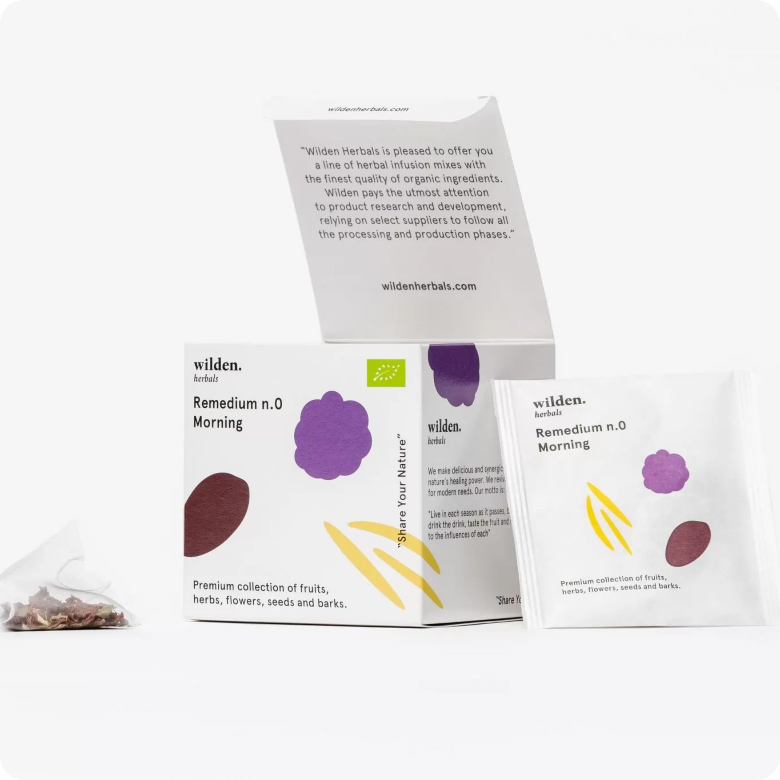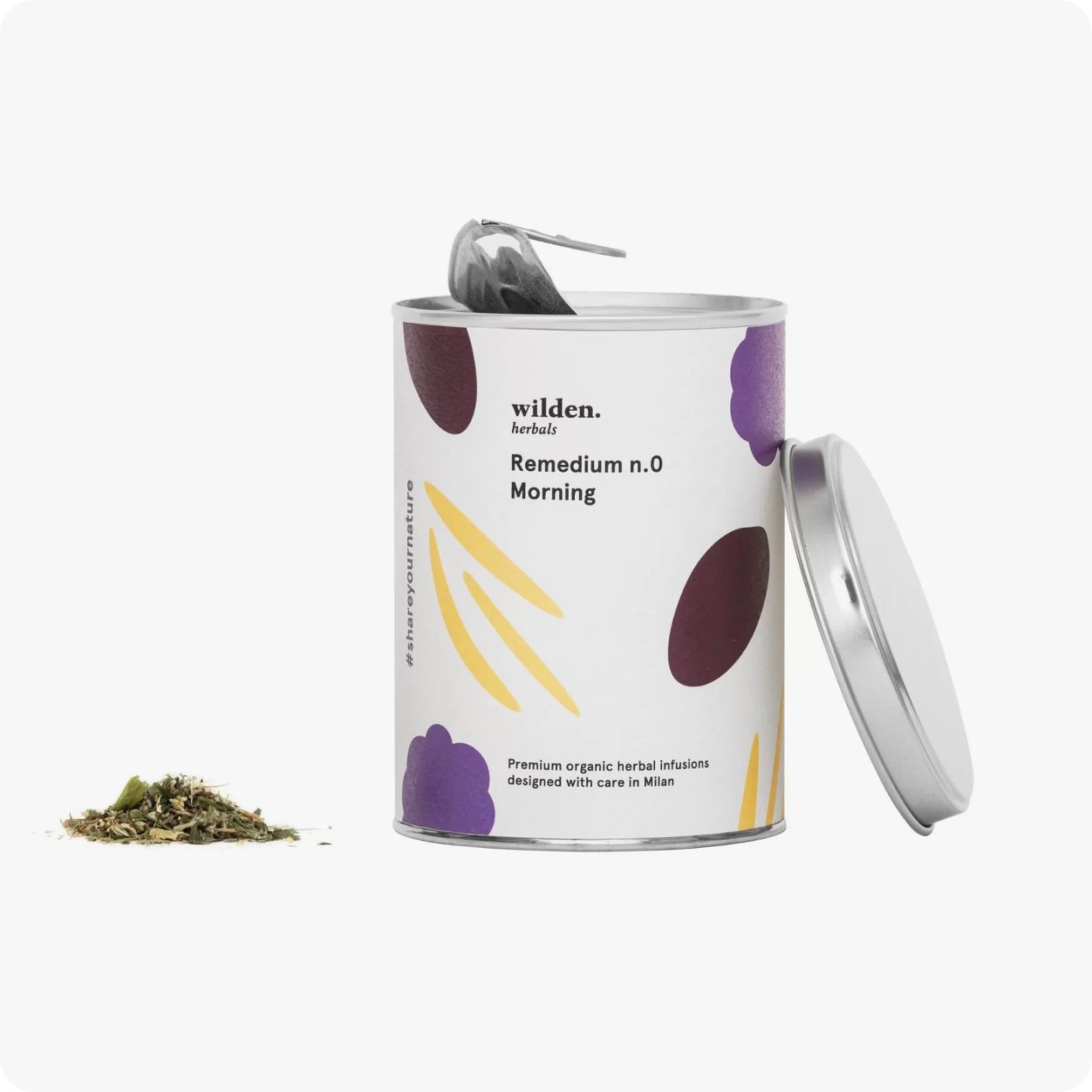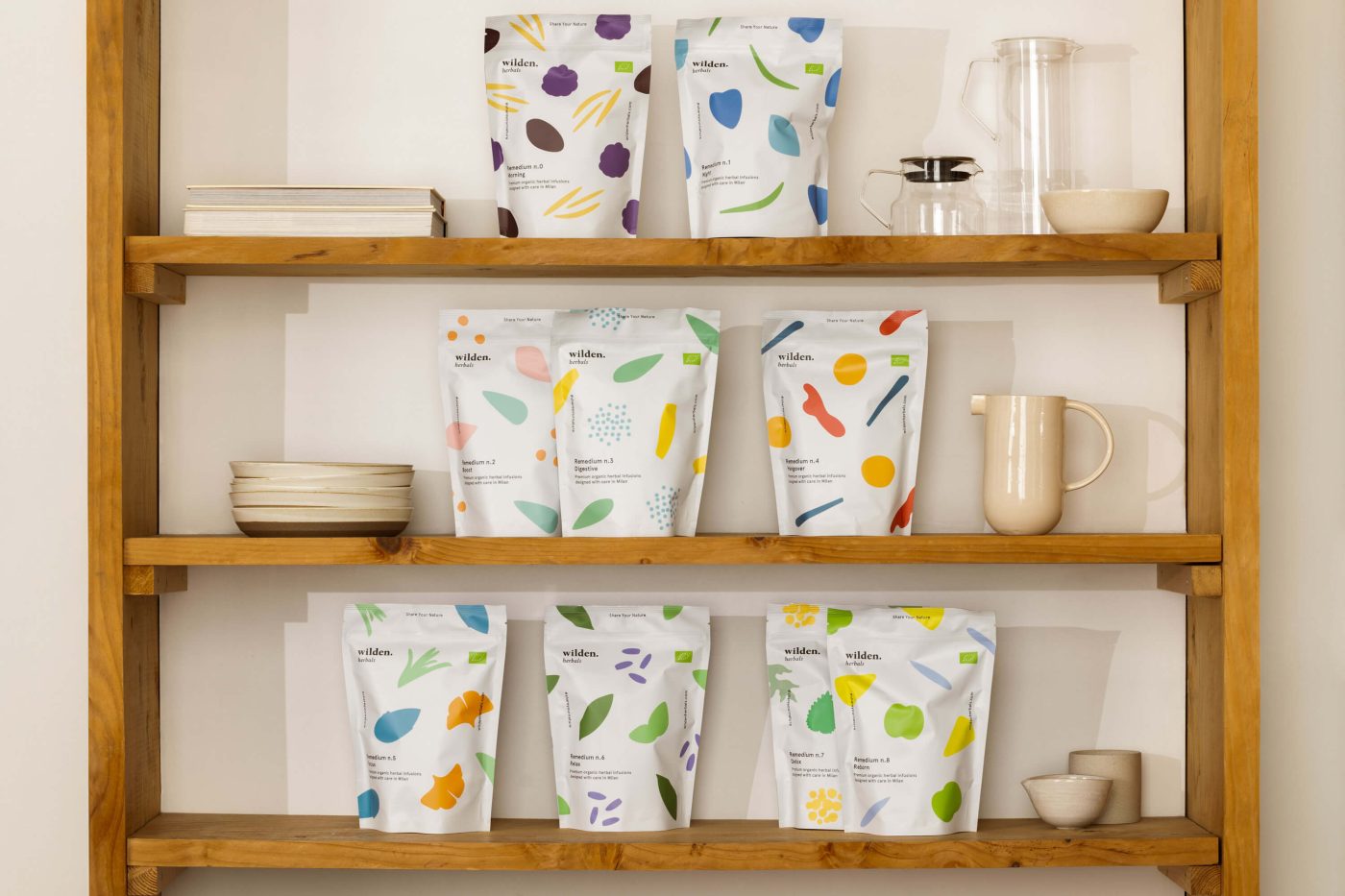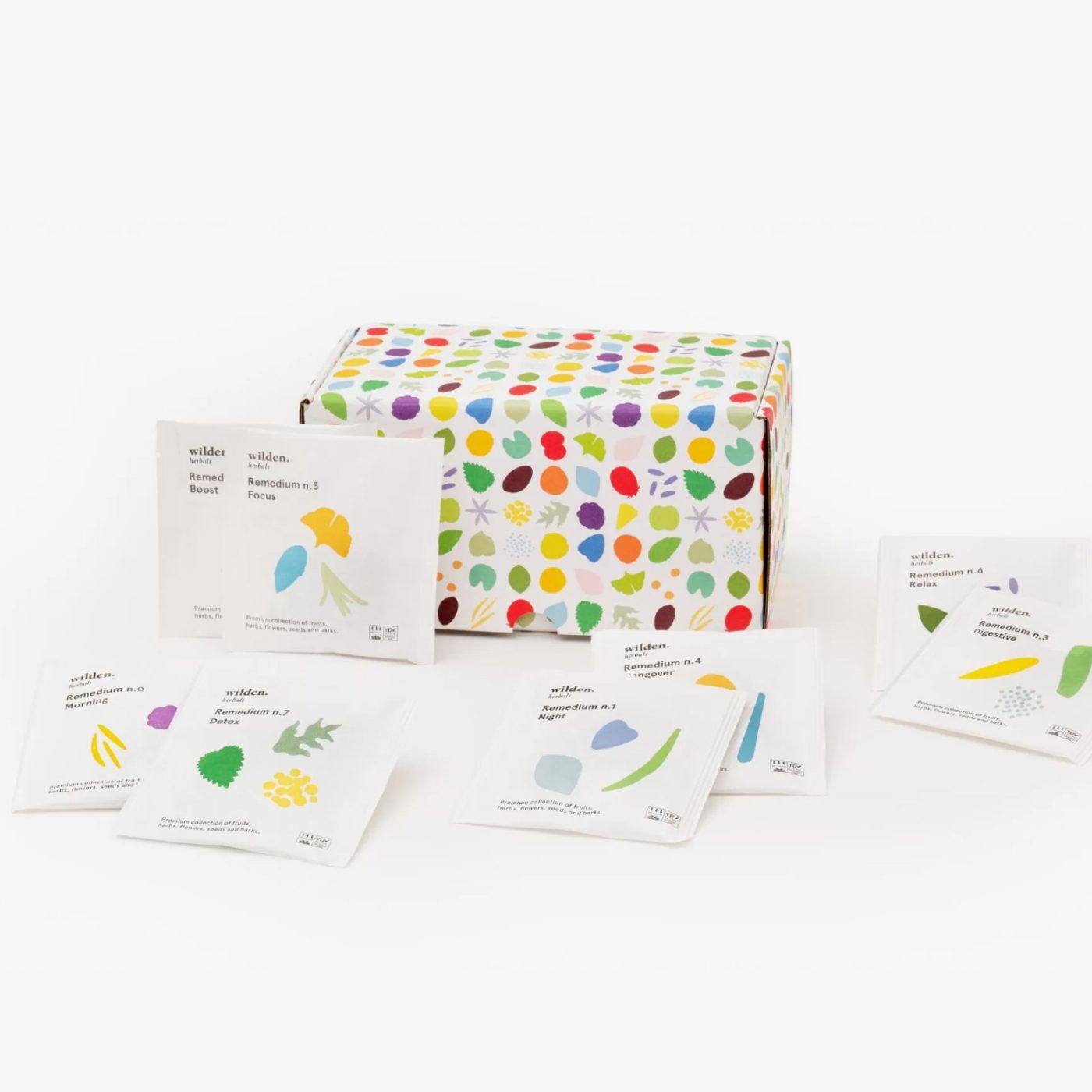Fennel: from origins to uses, everything you need to know
Versatile, fresh and great for digestion, of fennel you don't throw anything away! Let's learn together about the history, uses and benefits of this crunchy vegetable.
Table of contents:
What is fennel?
Where does fennel come from?
What are the benefits of fennel?
How is fennel used?
Fun facts about fennel
Crunchy, great raw perhaps in salads, also good cooked, decocted and in herbal tea form, fennel is a vegetable with great potential. It is often found on the tables of the Mediterranean basin and, for all its properties, is not missing from diets and food programs.
What is fennel?
Let’s start by saying that fennel, also called Foeniculum vulgare is a plant that belongs to the Umbelliferae lineage. A relative of carrot, celery and parsley, fennel thrives in temperate climates that turn cold. The best-known variety of fennel is called “sweet,” which is more cultivated than the wild variant, better known as fennel, while the so-called foeniculum piperitum, on the other hand, is to be avoided as it has an acrid, unpleasant taste. Of fennel, nothing is thrown away because all its parts are edible: from the seeds to the stem to the better-known white part.
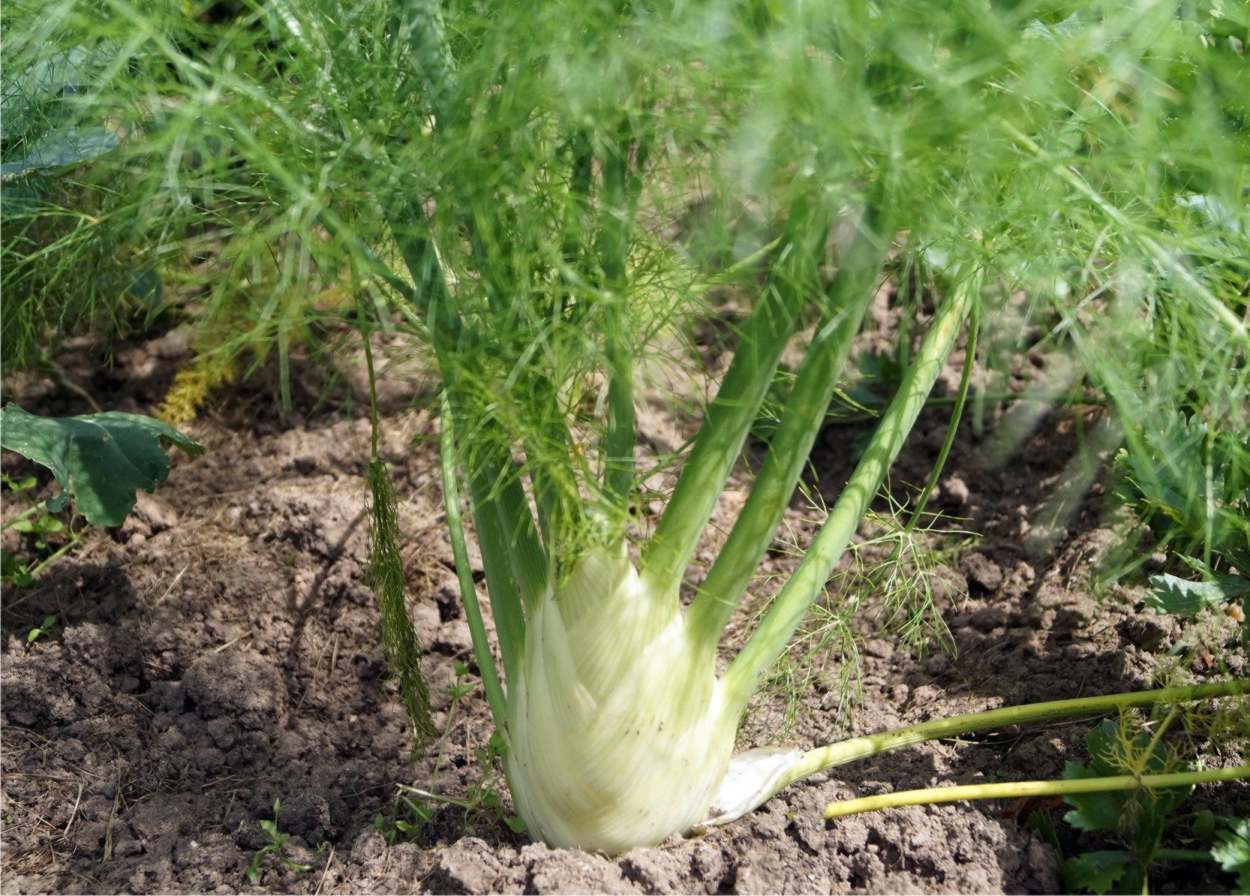
Where does fennel come from?
Of Middle Eastern origin, fennel was immediately widespread and developed in the Mediterranean basin beginning in the late Middle Ages, although it was already known and appreciated by the Egyptians. Available from October to May, this vegetable is an evergreen of the table, especially for infusing a sense of freshness to the palate.
What are the benefits of fennel?
A mine of flavonoids and vitamin C, fennel is known for its antioxidant properties, useful in fighting free radicals. Digestion problems? A few slices of fennel will save you! In fact, this vegetable is very useful for treating all (or almost all) digestive problems, because it is rich in fiber. From colitis to meteorism to heavy stomach, the only recommendation is: watch the quantity! Consuming too much fennel can result in gastrointestinal inflammation and, in hypersensitive individuals, allergies that manifest as an uncomfortable itchy feeling in the mouth. Useful for preserving the proper functioning of vision, fennel is rich in vitamin B; it is also an excellent natural soother of disorders preceding the menstrual cycle. Green light to fennel consumption duringbreastfeeding as well: in fact, it seems that fennel makes breast milk even sweeter and heavenly for babies.
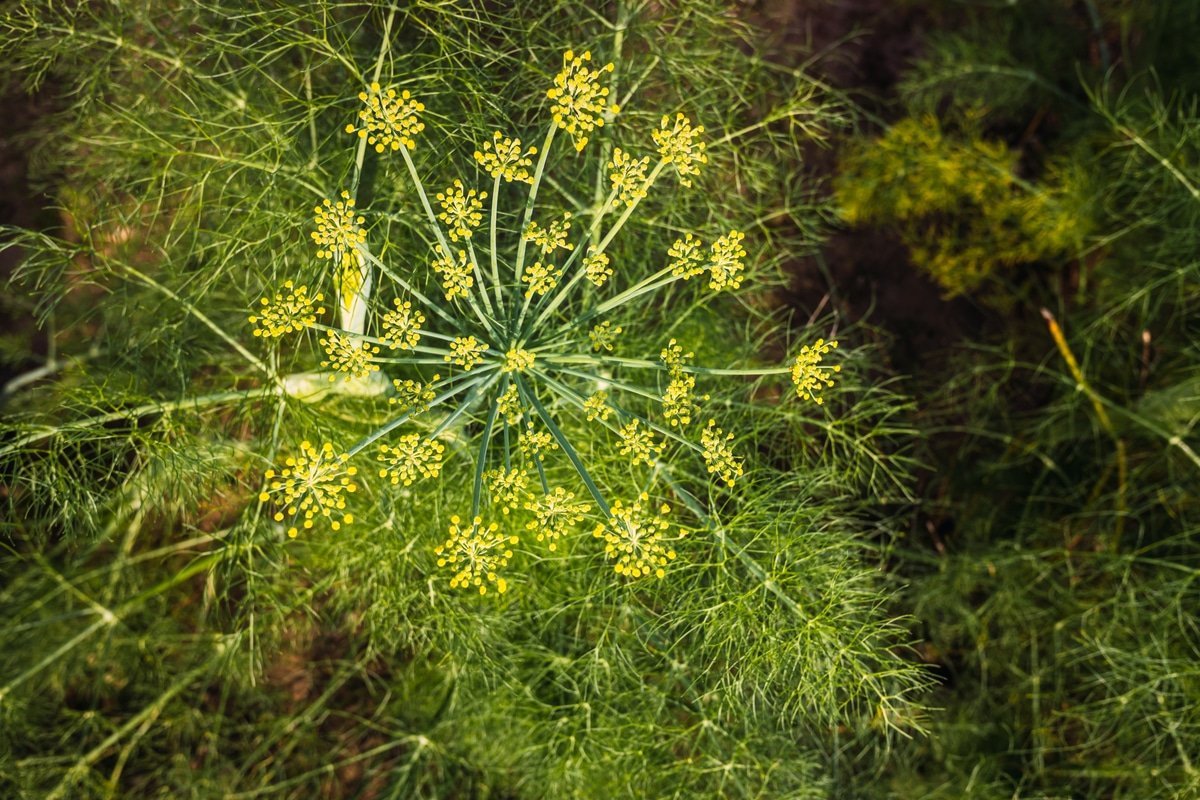
How is fennel used?
Besides being a riot of benefits, fennel is a truly versatile vegetable. Because of its high amount of water and mineral salts, it is an excellent appetite-breaking snack, useful in detox. For its diuretic, digestive and depurative properties, it is mainly the seeds that are used, especially in the preparation of herbal teas or even chewed naked and raw after meals. Try it raw in seasoned salads and loved especially in Sicily, where it is eaten with orange segments and seasoned with oil, salt and a sprinkling of pepper. Au gratin or as a risotto, fennel lends itself to virtually all uses in the kitchen. All you have to do is experiment! If, on the other hand, you are an aficionado of depurative herbal tea at the end of a meal, you should know that we at Wilden.herbals have chosen fennel as the étoile of our Remedium No. 3 – Digestive . Along with ginger, lemon, licorice, and mint, this fennel herbal tea is a real boon to hearty meals.
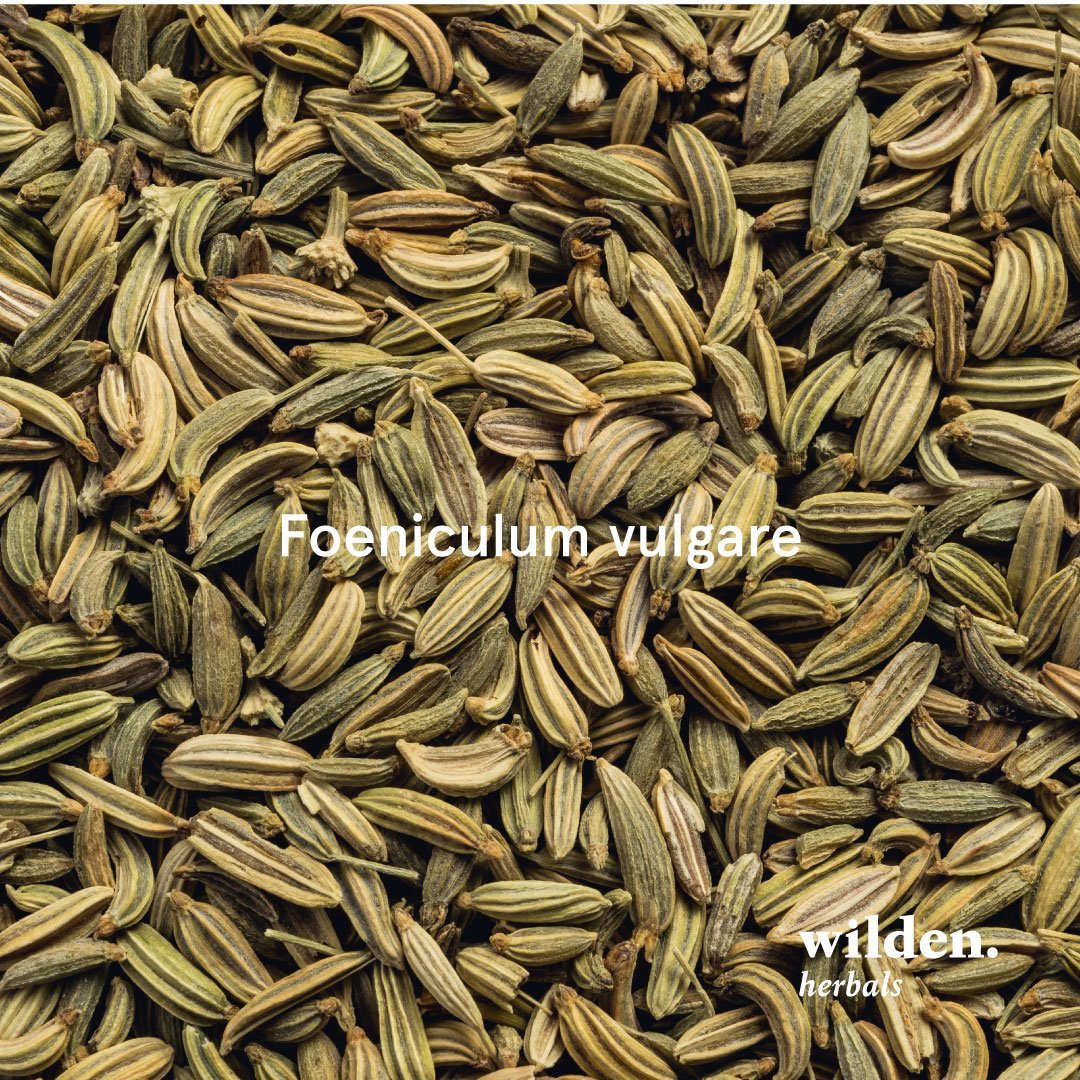
Curiosities about fennel
- In Indian cuisine, fennel is used in the preparation of masala chai, a tea made from water, milk and spices, including precisely fennel seeds.
- Used in confectionery and as an additive in oral hygiene products, fennel is famous in France for making pastis, an aperitif for sea dogs.
- Do you know why it is said to “get fennel”? Because of its ability to make everything sweeter, fennel was offered by less-than-honest innkeepers who served their customers fennel before offering them bad wine so that they would not perceive the bad taste.
Sitography
https://www.novaratoday.it/benessere/alimentazione/finocchio-proprieta-curiosita-e-calorie.html
https://www.ortoeporto.it/blog/un-ortaggio-dall’aspetto-vanitoso-il-finocchio
https://www.innaturale.com/il-finocchio-proprieta-controindicazioni-e-curiosita/
photo credits to PlayTheTunes

